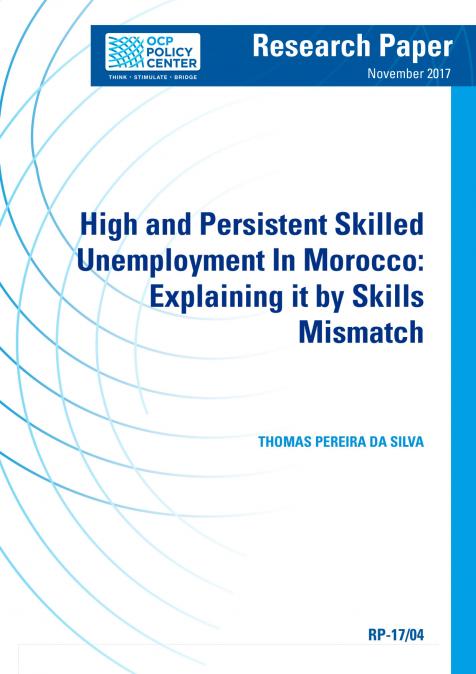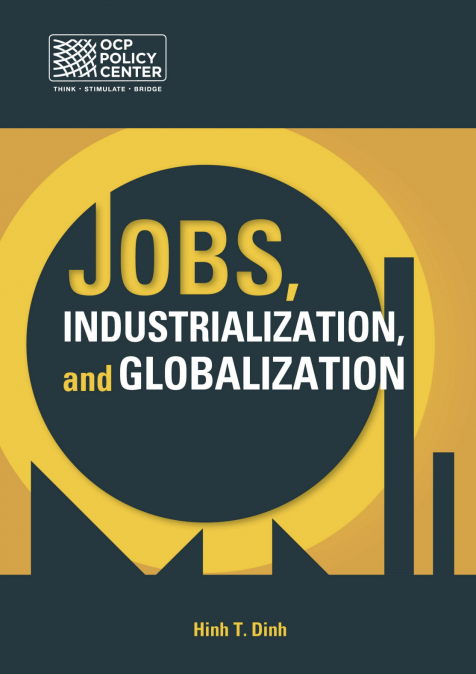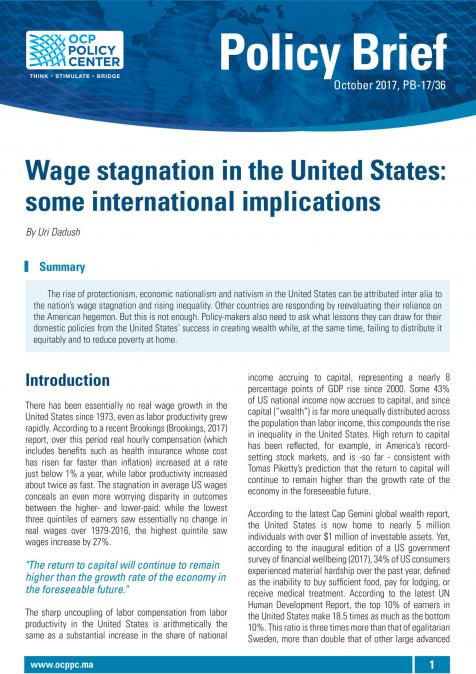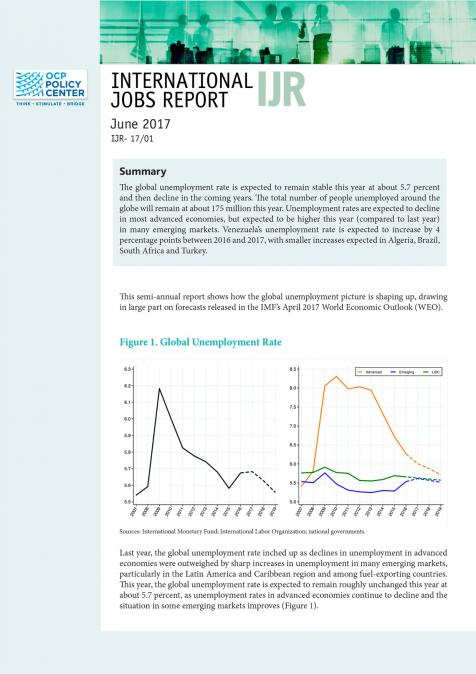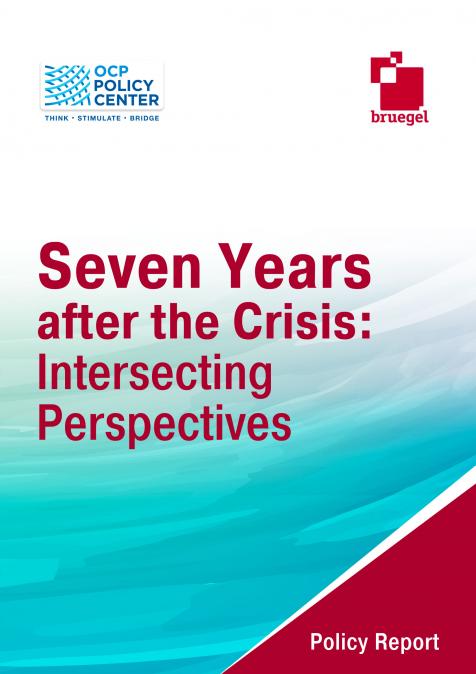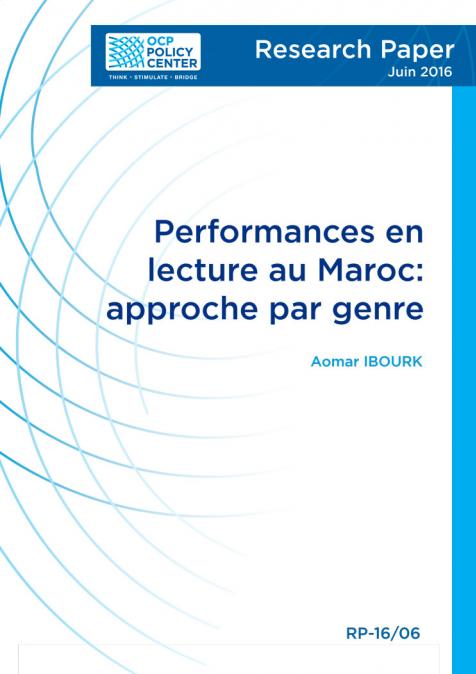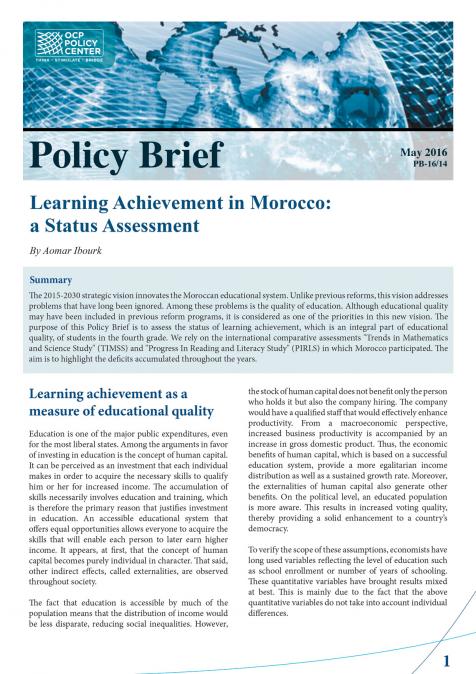Les pays en développement / émergents et les réformes structurelles / Romain A. Duval, (FMI)
November 7, 2019
Questions : 1/ Pensez-vous que les pays en développement et émergents sont plus enclins à adopter des réformes structurelles que par le passé ? 2/ Le fait que l’impact des réformes structurelles met du temps à se concrétiser est-il de nature à encourager les pays en développement et émergents à s’y engager ? 3/ Que doit-on retenir des réformes engagées par le Maroc ?
Speakers

Romain Duval
Advisor to the Chief Economist in the IMF Research Department
Romain Duval is Advisor to the Chief Economist in the IMF Research Department, where he also leads the Structural Reforms Unit. Previously he was the Division Chief for Regional Studies of the IMF Asia Pacific Department and led the Regional Economic Outlook. Prior to joining the Fund, he was the Division Chief for Structural Policies Surveillance at the OECD Economics Department, where he was also the editor of the flagship publication Going for Growth. He has published extensively in leading academic and policy-oriented journals on a wide range of topics including the economics and political economy of labor and product market regulations, growth, productivity, trade, monetary policy, equilibrium real exchange rates, and climate change economics. Over the years his research ...

